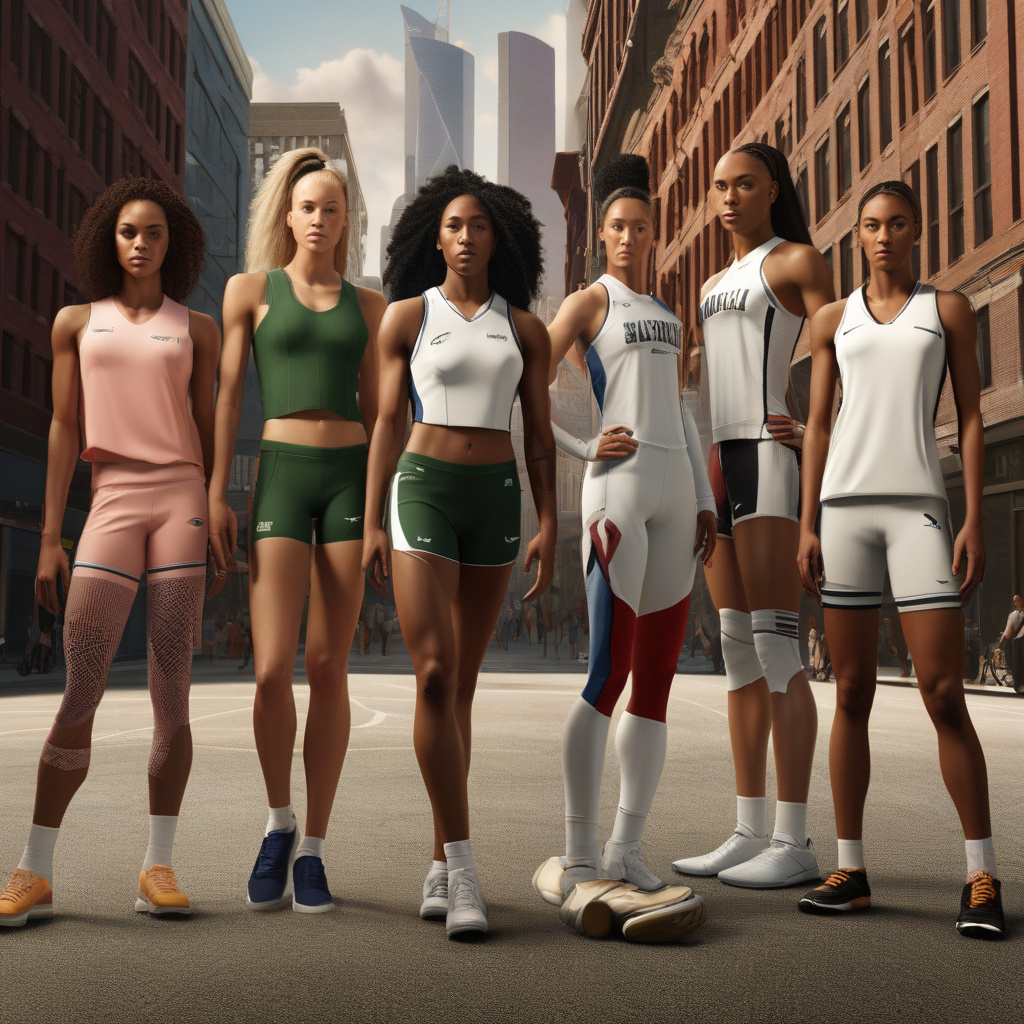The Debrief | How Athletes Are Building Fashion Brands
In recent years, a noticeable shift has occurred in the fashion landscape, with athletes stepping beyond the confines of their sporting arenas and making significant strides in the fashion industry. Sports stars like Russell Westbrook and Megan Rapinoe are not just athletes; they are now brand owners, wielding both financial and creative control. This trend raises important questions about the intersection of sports, fashion, and business, and it reflects broader societal changes regarding personal branding and entrepreneurship.
One primary driver of this movement is the athletes’ desire for creative freedom. Many professional athletes, having reached the pinnacle of their careers, are seeking new avenues for self-expression. By launching their fashion labels, they can showcase their unique styles and perspectives. Westbrook, for instance, is known for his bold fashion choices on and off the court. His own label not only reflects his personal aesthetic but also resonates with a younger audience who values individuality.
Megan Rapinoe’s foray into fashion is equally compelling. As a prominent advocate for gender equality and LGBTQ+ rights, her brand extends beyond clothing; it embodies a message of inclusivity and empowerment. This alignment of personal values with business endeavors is increasingly appealing to consumers who seek authenticity in the brands they support. According to a report from McKinsey & Company, consumers are more likely to engage with brands that reflect their values, making Rapinoe’s approach particularly potent.
The financial aspect of athlete-led fashion brands cannot be overlooked. With substantial earnings from endorsements and salaries, many athletes have the capital to invest in their ventures. This financial backing allows them to take calculated risks in a highly competitive industry. For example, Westbrook’s label has partnered with established retailers, ensuring widespread distribution while maintaining a distinct brand identity. By leveraging their fame and financial resources, athletes can achieve a level of visibility that many emerging designers can only dream of.
Moreover, the rise of social media has played a crucial role in the success of these athlete-led brands. Platforms like Instagram and TikTok allow athletes to connect directly with their fan base, promoting their fashion lines without the need for traditional advertising. This direct-to-consumer approach not only reduces marketing costs but also creates an authentic connection between the brand and its audience. The ability to showcase their collections through personal stories and behind-the-scenes content further enhances consumer engagement and loyalty.
Additionally, collaborations with established designers and brands have become a common strategy for athletes looking to break into the fashion industry. By teaming up with experienced fashion professionals, they can gain valuable insights and expertise while still maintaining their vision. This collaborative approach can result in unique, trend-setting collections that appeal to a broad audience. For instance, when Rapinoe partnered with well-known fashion houses, her designs gained instant credibility and visibility, further solidifying her position in the market.
However, the path to success is not without its challenges. The fashion industry is notoriously fickle, with trends changing rapidly. Athletes who venture into fashion must be prepared to adapt and innovate continuously. This need for agility can be daunting for those who are accustomed to the structured environment of sports. Nevertheless, the most successful athlete-entrepreneurs are those who can navigate this landscape with creativity and strategic foresight.
Moreover, the potential for failure exists, just as it does in any business venture. Some athlete-led brands have struggled to find their footing, leading to financial losses or a lack of consumer interest. The ability to pivot and learn from these setbacks is crucial. Athletes who approach their fashion brands with a growth mindset and a willingness to evolve are more likely to thrive in this competitive market.
As the trend of athletes building their fashion brands continues to grow, it highlights a significant shift in how we perceive the roles of athletes in society. No longer are they just entertainers; they are multifaceted individuals who can shape industries and influence culture. This evolution is indicative of a broader societal trend where personal branding and entrepreneurship are increasingly valued.
In conclusion, the rise of athlete-led fashion brands exemplifies a transformative shift in both the sports and fashion industries. With figures like Russell Westbrook and Megan Rapinoe at the forefront, these athletes are not only redefining their careers but also inspiring a new generation of entrepreneurs. Their ventures reflect personal values, leverage financial resources, and utilize modern marketing strategies to carve out a niche in the competitive world of fashion. As this trend continues to unfold, it will be fascinating to observe how these brands evolve and what new opportunities arise for athletes in the fashion domain.
athletes fashion brands, Russell Westbrook, Megan Rapinoe, personal branding, entrepreneur
